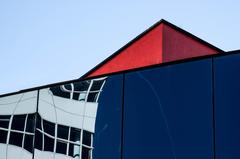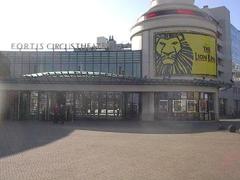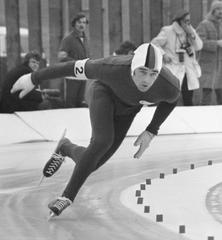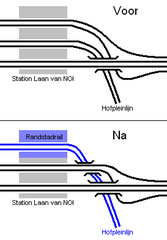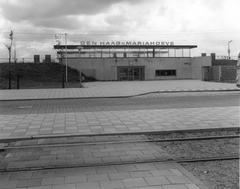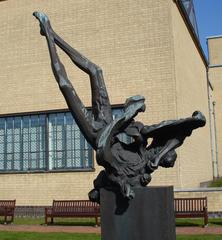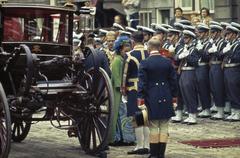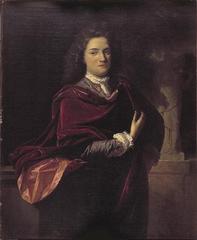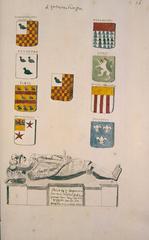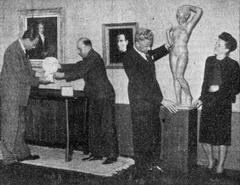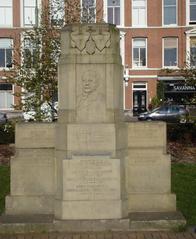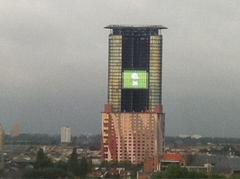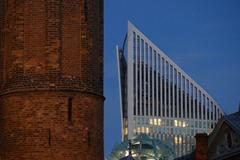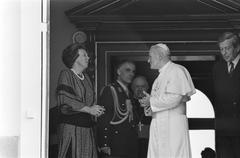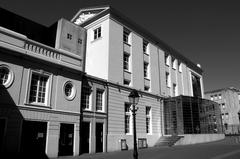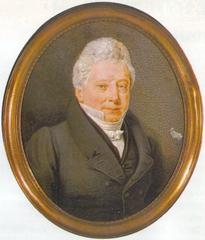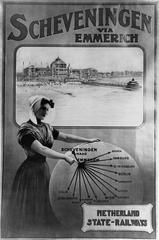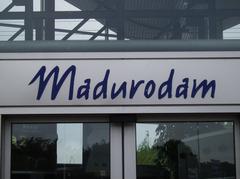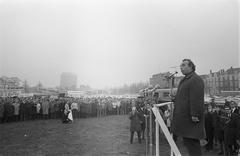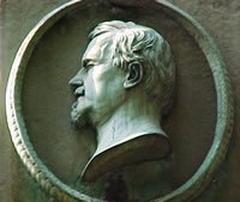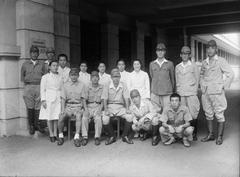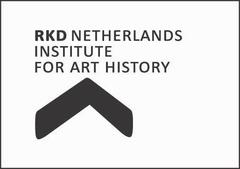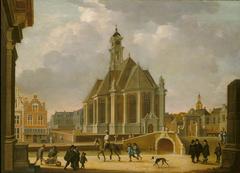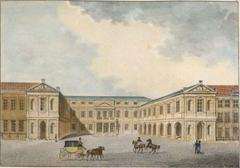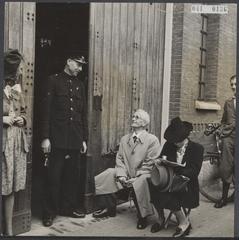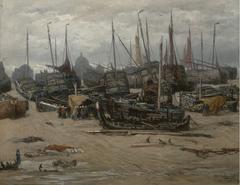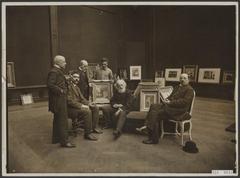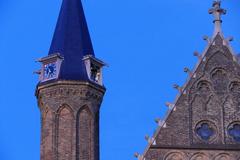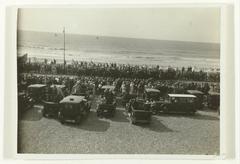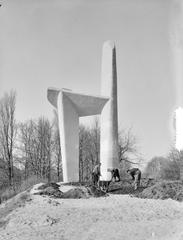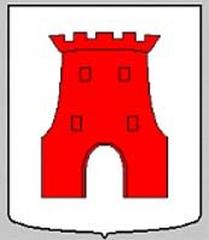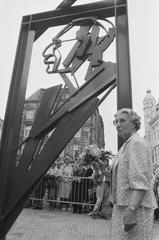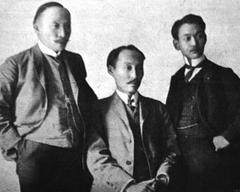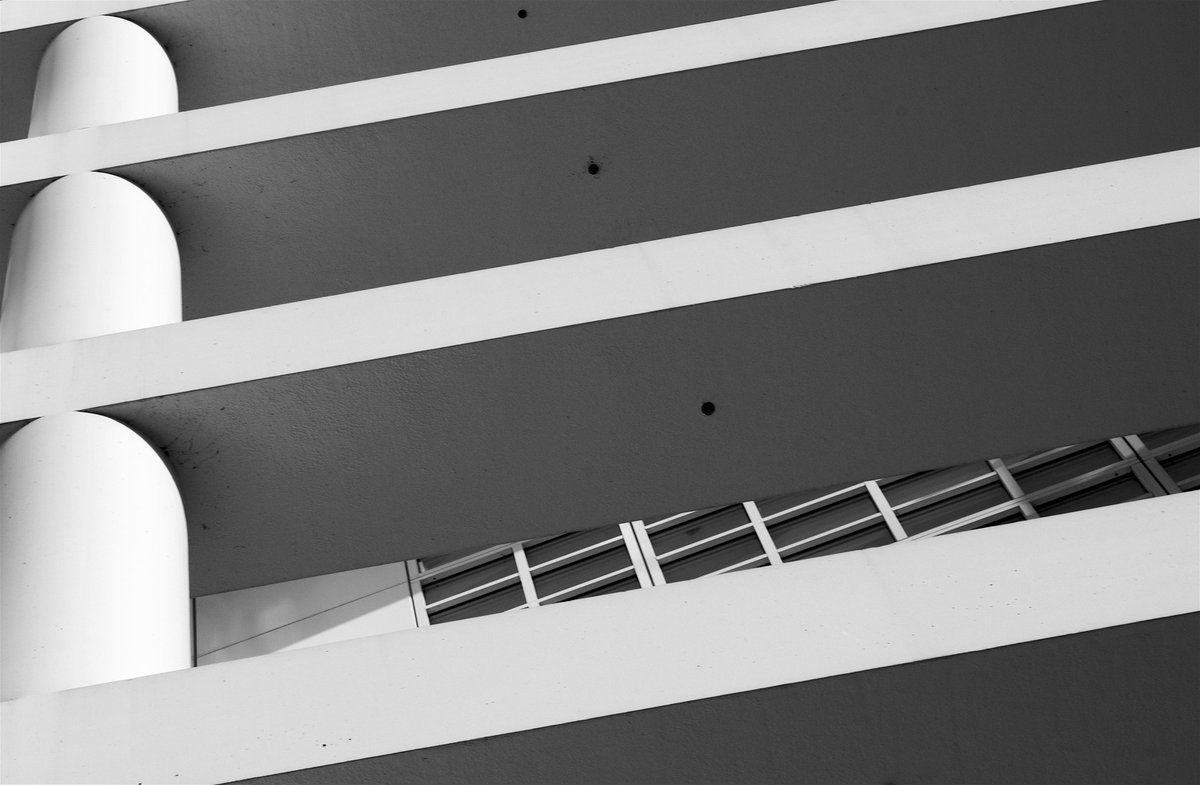
City Hall of The Hague: Visiting Hours, Tickets, and Historical Sites Guide
Date: 15/06/2025
Introduction: The Hague City Hall’s Legacy
The City Hall of The Hague, or “Stadhuis Den Haag,” is a powerful emblem of the city’s transformation from a Renaissance village to a cosmopolitan hub of governance and culture. Its roots lie in the Old City Hall (Oude Stadhuis), built in 1565, which still stands as a testament to centuries of civic pride and heritage (Wikipedia: Old City Hall). Today, the modern City Hall at Spui 70, a striking creation by architect Richard Meier, blends contemporary design with a commitment to public openness, symbolizing The Hague’s emergence as an international city.
This guide offers detailed insights into the history, architecture, visitor experience, and practical information for your visit—covering everything from opening hours and tickets to nearby sites and accessibility.
Table of Contents
- Renaissance Origins: The Old City Hall (Oude Stadhuis)
- The Modern City Hall: Architecture and Urban Renewal
- Civic Identity and Cultural Significance
- Visitor Experience: Practical Information
- Frequently Asked Questions (FAQ)
- Conclusion and Recommendations
- References and External Links
Renaissance Origins: The Old City Hall (Oude Stadhuis)
The Hague’s civic life began at the Old City Hall, a Renaissance structure on the Groenmarkt near Grote Kerk. Built in 1565, its grand design was notable even though The Hague lacked official city status and fortifications at the time. The facade’s statues—representing “Faith,” “Hope,” “Love,” “Strength,” and “Justice”—highlight the building’s enduring civic values (Wikipedia: Old City Hall).
Surviving the Protestant Revolution with its original stained glass and ornaments intact, the Old City Hall has repeatedly been restored and expanded. Though no longer the seat of government, it remains a cherished venue for civic weddings and royal registrations, connecting modern events with historical traditions.
The Modern City Hall: Architecture and Urban Renewal
Richard Meier’s Vision
The current City Hall at Spui 70, inaugurated in 1995, was designed by Richard Meier to embody transparency, openness, and accessibility. Its vast white facade and immense, light-filled atrium earned it the nickname “Ice Palace.” The building houses municipal offices, the public library, and the city archives, making it a multifunctional hub (Take The Hague: City Hall; ArchDaily).
The atrium—the largest in the Netherlands—serves as a public forum, hosting exhibitions and community events. Bridges across the atrium offer panoramic views, enhancing the sense of openness. The building’s modular, geometric design and extensive glazing reflect Meier’s modernist principles and the city’s commitment to open governance (ArchDaily).
Urban Transformation
City Hall’s construction was central to The Hague’s late 20th-century urban renewal, revitalizing the city center and integrating new administrative and cultural functions. Its proximity to Central Station, ministries, and cultural institutions reflects The Hague’s international aspirations (PlanetWare: The Hague).
In 2017, the facade was transformed into a Mondrian painting for the De Stijl centenary, highlighting its cultural and artistic significance (Designboom).
Civic Identity and Cultural Significance
The Hague’s City Halls—both old and new—mirror the city’s evolution. The Old City Hall reflects early civic ambition, while the modern City Hall stands as the administrative heart for the Dutch government, Royal Family, and international organizations (PlanetWare: The Hague). The building’s transparency and public spaces symbolize inclusivity and open governance.
The atrium and library regularly host exhibitions, debates, and festivals, making City Hall a vibrant center for cultural and civic life (Take The Hague: City Hall). Its strategic location places it near the Binnenhof, Mauritshuis, and major shopping and entertainment districts (VisitNetherland: The Hague Guide).
Visitor Experience: Practical Information
Visiting Hours and Tickets
- City Hall & Atrium: Open Monday–Friday, 8:30 AM–5:00 PM. Closed weekends and public holidays (Municipality of The Hague).
- Atrium Exhibitions: Free entry; no tickets required.
- Guided Tours: Available upon request; best booked in advance via the official website or information desk.
Highlights and Public Spaces
- Atrium: The social heart, perfect for photography and exploring exhibitions.
- Library and Archives: Open to the public, offering resources on The Hague’s history.
- Public Events: Art exhibitions, cultural festivals, and community forums are frequent. Check the Atrium City Hall agenda for updates.
Accessibility and Location
- Address: Spui 70, 2511 BT The Hague.
- Transport: 5-minute walk from Central Station; trams and buses stop at Spui (9292.nl).
- Accessibility: Fully wheelchair-accessible with elevators, ramps, and accessible restrooms (Municipality of The Hague).
Visitor Tips
- Best Times: Mornings are quieter; avoid public holidays.
- Photography: Allowed in public areas; professional shoots require permission.
- Facilities: On-site café, free Wi-Fi, multilingual staff, and information desks available.
- Security: Routine bag checks; lockers for large items.
- Face Coverings: Full-face coverings are prohibited inside government buildings (Municipality of The Hague).
Nearby Historical Sites and Attractions
- Binnenhof: Historic seat of Dutch government, 5 minutes’ walk (Netherlands Tourism).
- Mauritshuis Museum: Dutch masterworks, 10 minutes’ walk.
- Grote Markt and Plein: Dining and shopping hubs.
- Spuistraat & Vlamingstraat: Popular shopping streets.
- Haagse Bos & Clingendael Park: Urban green spaces.
Booking Municipal Services
Appointments for official services (e.g., passports, registrations) must be booked online (Municipality of The Hague). General visits to the atrium and exhibitions require no booking.
Frequently Asked Questions (FAQ)
Q: What are the visiting hours for The Hague City Hall?
A: Monday to Friday, 8:30 AM to 5:00 PM. Closed weekends and public holidays.
Q: Is there an entry fee?
A: Entry to the atrium and exhibitions is free; guided tours or special events may require a ticket.
Q: Are guided tours available?
A: Yes, book in advance via the City Hall website or information desk.
Q: Is the building accessible for people with disabilities?
A: Yes, City Hall is fully accessible with elevators and adapted facilities.
Q: Can I take photographs?
A: Yes, in public areas; professional photography requires permission.
Q: How do I make appointments for municipal services?
A: Book online via the official municipal website.
Q: Is there a café?
A: Yes, in the atrium, serving drinks and light meals.
Conclusion and Recommendations
The Hague City Hall is an outstanding fusion of historical legacy and contemporary architecture. It is not only the administrative center but also a thriving cultural venue and a symbol of civic transparency. Whether you’re drawn by its architectural grandeur, free exhibitions, or proximity to major historical sites, it is a must-visit in The Hague. Plan ahead for municipal services, check event calendars, and explore nearby attractions for a complete experience.
Stay informed by downloading the Audiala app, which offers real-time updates and tailored recommendations for your visit. For further insights, follow official channels and check related articles on The Hague’s historical and cultural highlights.
References and External Links
- Take The Hague: City Hall
- ArchDaily
- Municipality of The Hague
- The Hague International Centre
- Wikipedia: Old City Hall
- VisitNetherland: The Hague Guide
- PlanetWare: The Hague
- Atrium City Hall
- Designboom
- 9292.nl
- Netherlands Tourism

